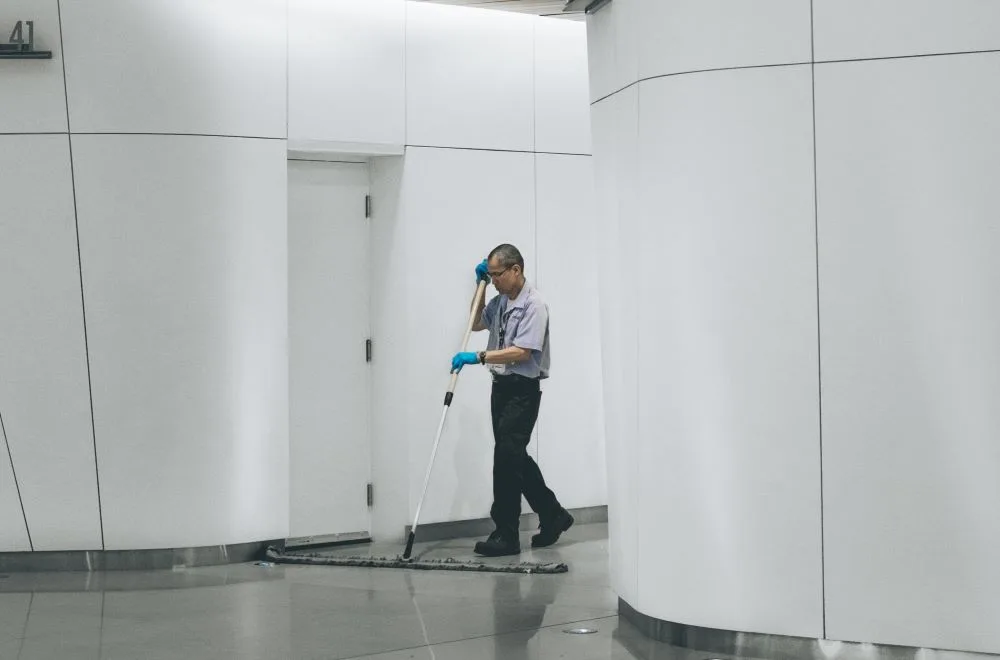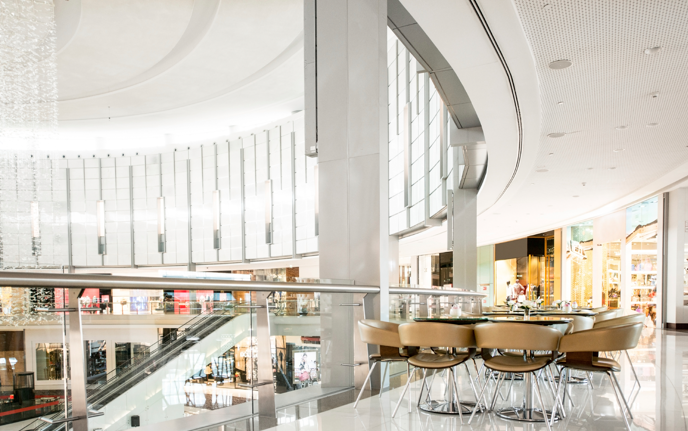Maintenance is a critical aspect of any commercial business, regardless of industry. From offices and retail spaces to warehouses and manufacturing plants, ensuring that equipment, facilities, and infrastructure are well-maintained is vital to sustaining smooth operations. Proactive maintenance not only prevents costly breakdowns but also extends the lifespan of assets, boosts operational efficiency, and ensures the safety of both employees and customers.
For commercial businesses, maintenance is not just about fixing things when they break; it’s about creating a reliable, safe, and efficient environment that supports business growth and success. In this blog, we explore the importance of regular maintenance and how it benefits commercial businesses across multiple sectors.
Preventing Costly Equipment Breakdowns
One of the most immediate benefits of regular maintenance is the ability to prevent equipment breakdowns that can disrupt business operations. In many commercial environments, from offices to production facilities, downtime caused by malfunctioning equipment can lead to significant losses in productivity and revenue.
Minimising Downtime:
When critical systems such as HVAC units, lighting, or IT infrastructure break down unexpectedly, it can bring operations to a halt. Preventative maintenance helps avoid such disruptions by identifying potential problems before they escalate. For example, routine inspections of electrical systems can prevent power outages, while regular servicing of air conditioning units ensures a comfortable environment for employees and customers.
Lower Repair Costs:
Unplanned repairs are often more expensive than regular maintenance. Emergency fixes typically come with higher labour costs and expedited shipping for replacement parts. By addressing small issues during scheduled maintenance, businesses can avoid the higher expenses associated with major repairs or equipment replacements.
Extending the Lifespan of Assets
Investing in equipment, machinery, and infrastructure is a significant expense for any commercial business. Maintenance plays a crucial role in protecting these investments by extending the lifespan of assets and reducing the need for frequent replacements.
Optimising Equipment Performance:
Routine servicing helps keep equipment operating at peak efficiency. This not only extends the useful life of machinery but also ensures that it performs optimally, using less energy and reducing the risk of overuse. For instance, keeping conveyor belts or industrial machines well-lubricated can reduce wear and tear, ultimately prolonging their operational life.
Preserving Building Infrastructure:
In addition to machinery, maintaining the physical infrastructure of commercial buildings is essential. Regular inspections of roofs, plumbing, and electrical systems help identify structural issues early on, preventing long-term damage that could lead to costly repairs. Keeping up with tasks like repainting, sealing cracks, and fixing leaks will help ensure that commercial properties remain in good condition and retain their value over time.
Ensuring Safety for Employees and Customers
A well-maintained facility is a safe facility. Commercial businesses have a legal and ethical obligation to provide a safe environment for both employees and customers. Regular maintenance helps prevent accidents and hazards that could result in injury or liability claims.
Preventing Accidents:
Routine checks on safety systems such as fire alarms, emergency exits, and sprinkler systems ensure that they are functioning correctly in the event of an emergency. Regular maintenance of flooring, walkways, and lighting also reduces the risk of slips, trips, and falls—one of the most common causes of workplace injuries.
Compliance with Health and Safety Standards:
Most commercial businesses must adhere to strict health and safety regulations. Regular maintenance helps ensure that all equipment, infrastructure, and systems comply with these regulations, reducing the risk of fines or legal action. From maintaining proper ventilation and indoor air quality to ensuring the safe operation of electrical systems, businesses can safeguard both their employees and their reputation by staying compliant.
Maintaining Hygiene:
For businesses in the hospitality, healthcare, and retail industries, maintaining hygiene standards is paramount. Regular cleaning, sanitising, and maintenance of facilities, such as restrooms, kitchens, and HVAC systems, help reduce the spread of illness and create a healthier environment for both staff and customers.
Boosting Operational Efficiency
A well-maintained facility not only runs smoothly but also enhances overall operational efficiency. When equipment and systems are regularly serviced, they perform more reliably, leading to smoother operations and improved productivity.
Energy Efficiency:
Regular maintenance of heating, cooling, and electrical systems helps ensure that they operate efficiently, consuming less energy and reducing utility costs. For instance, cleaning air filters, calibrating thermostats, and maintaining lighting systems can significantly reduce energy consumption, which is beneficial for both the environment and the bottom line.
Increased Productivity:
In industries where machinery is critical to daily operations, such as manufacturing or warehousing, maintenance directly impacts productivity. When equipment is well-maintained and runs without issue, employees can work without interruptions, leading to increased output and better customer service.
Improving Asset Utilisation:
Preventative maintenance allows businesses to maximise the use of their equipment and infrastructure. With fewer breakdowns and less downtime, companies can make better use of their assets and avoid the inefficiencies that come with unexpected repairs or replacements.
Reducing Long-Term Costs
While regular maintenance requires an initial investment of time and resources, it ultimately saves businesses money in the long run by preventing major repairs, reducing energy costs, and prolonging the life of assets.
Lower Total Cost of Ownership (TCO):
The total cost of ownership (TCO) of equipment and infrastructure is not just the initial purchase price but also the ongoing costs associated with operation, repair, and eventual replacement. By regularly maintaining assets, businesses can significantly reduce the TCO by avoiding expensive emergency repairs and extending the lifespan of their equipment.
Budgeting for Repairs:
Planned maintenance also allows businesses to budget for repairs more effectively. Instead of being blindsided by sudden breakdowns, companies can predict when parts will need replacing or when machinery will require servicing. This enables more accurate financial planning and prevents unexpected expenses from straining cash flow.
Investing in Maintenance for Long-Term Success
In today’s fast-paced commercial world, maintenance is not just a cost—it’s a smart investment in the long-term success of a business. By implementing a proactive maintenance plan, commercial businesses can avoid costly breakdowns, extend the life of their assets, ensure safety and compliance, boost operational efficiency, and reduce overall expenses.
At MA Services Group, we specialise in providing tailored maintenance services for commercial businesses across various industries. From routine equipment inspections to comprehensive building maintenance, we help businesses keep their operations running smoothly and efficiently. Contact us today to learn more about how we can support your business’s maintenance needs and contribute to its ongoing success.


